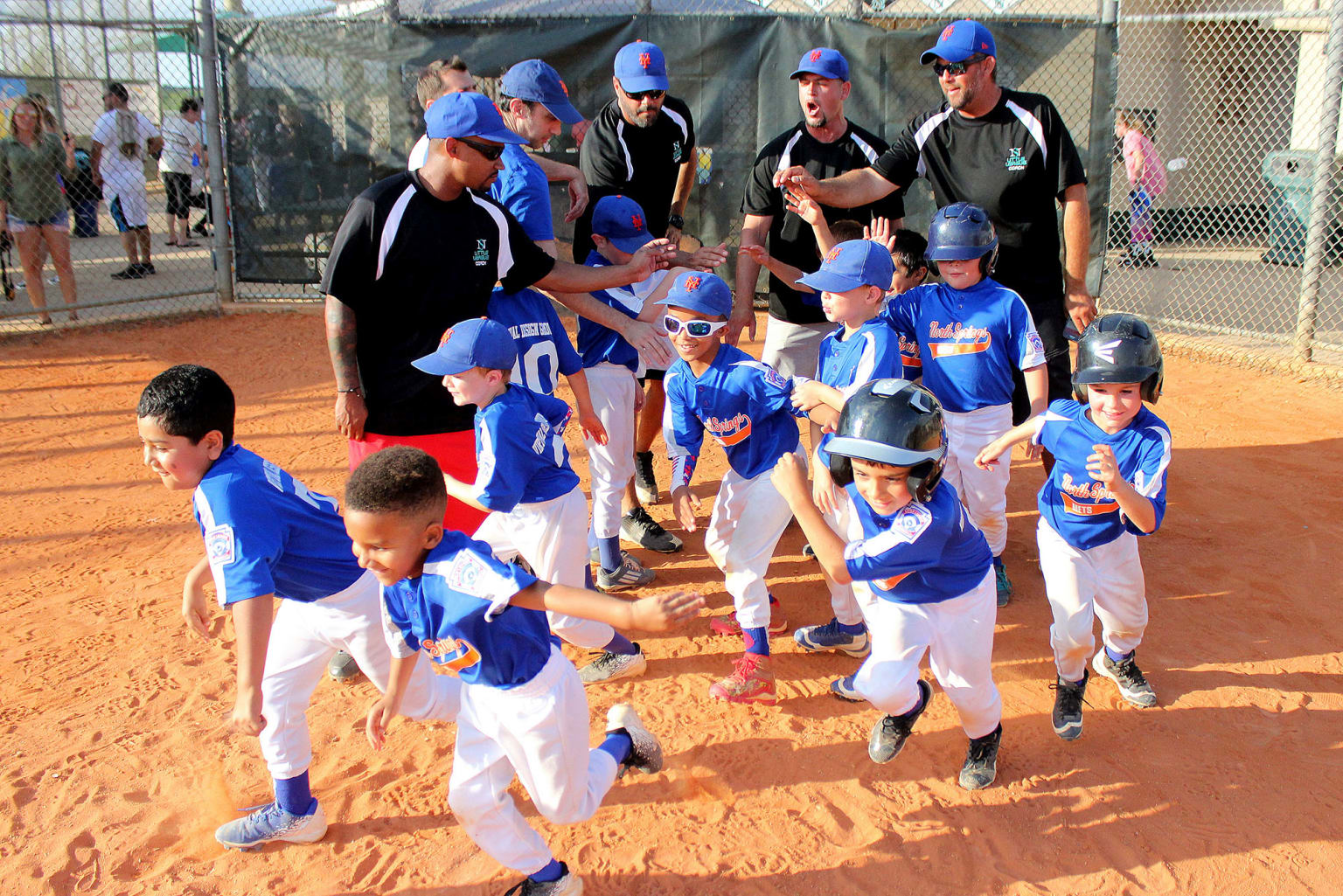
As you plan and prepare for the regular season, keep in mind that your assistant coaches, practices coaches, and other support staff like team parent, scorekeeper, pitcher counter, umpires, and grounds crew, all need to fully understand that they are counted on to consistently fulfill their roles and responsibilities throughout the regular season.
Selecting Coaches
Regular season coaches should be appointed after the draft has concluded. Any individual interested in coaching, must be nominated by the League President and approved by the board. Leagues are encouraged to approve a pool of coaching candidates prior to the draft. Following the draft, managers may select up to two previously approved coaching candidates from this pool and submit them to the board for final approval. It’s important to remember that any individual wishing to volunteer for a position with regular service to the league or repetitive access to children, including practice coaches, must complete a background check. A volunteer coach who is a parent of a child returning to a team from the previous season, may also return to that same team as a coach, if nominated by the League President and approved by the Board of Directors. Team coaches do not have to have a child on the team’s roster, but typically do. Approaching these volunteers to coach should be done with the understanding that they will hold the best interests of the entire team as the top priority.
Roles for the Coaches
Coaches support the manager, and are expected to work to provide the best Little League experience possible. During the preseason, and later when games begin, the coaches play a vital role. Defining responsibilities, and working to each coach’s strengths, will help to create a good learning environment during the preseason, and an efficient chain of command during the season. Practices with a predetermined, organized, and well-rounded plan will engage the players and coaches. Coaches who know the day-to-day goals require minimal oversight to effectively teach, and are more efficient with practice time. Being effective time managers, means more repetitions, and inevitably builds team chemistry. When there is a good work ethic and enthusiastic attitude among the entire team – managers, coaches, and players – you will likely be rewarded with success on the field.
Open Line of Communication
It is the responsibility of the manager to ensure that both coaches cooperate and understand the expectations that come with serving the team. The methods of communication used by the coaching staff, and outward to the players, their families, and other team volunteers is set by the manager and should be explained on, or before, the first day of practice. The communication plan outlines how announcements will be shared (e.g., phone, e-mail, social media), including changes to practice and game schedules, planning for all team-related functions, and league policies and procedures. If the manager chooses not to be the person to be relied on to issue communications, an “official” coach or the team parent should be designated immediately, and that person will take care of the responsibility for the duration of the season.
Support Staff
Away from game day and practice duties, an effective manager should meet with the team’s support staff to work out a list of responsibilities and coordinate any training necessary to accomplish their tasks with minimal oversight. As the manager and coaches practice their team, the team parent, scorekeeper, pitch counter, umpire, and any other volunteers connected to the team all should be preparing for the season. The average preseason is three to four weeks long, plenty of time for the coaching staff and support staff to become acclimated, and make sure that the necessary background checks are completed. The manager is responsible for all aspects of the team, and being diligent during the preseason, will help to ensure a fun experience when games begin.